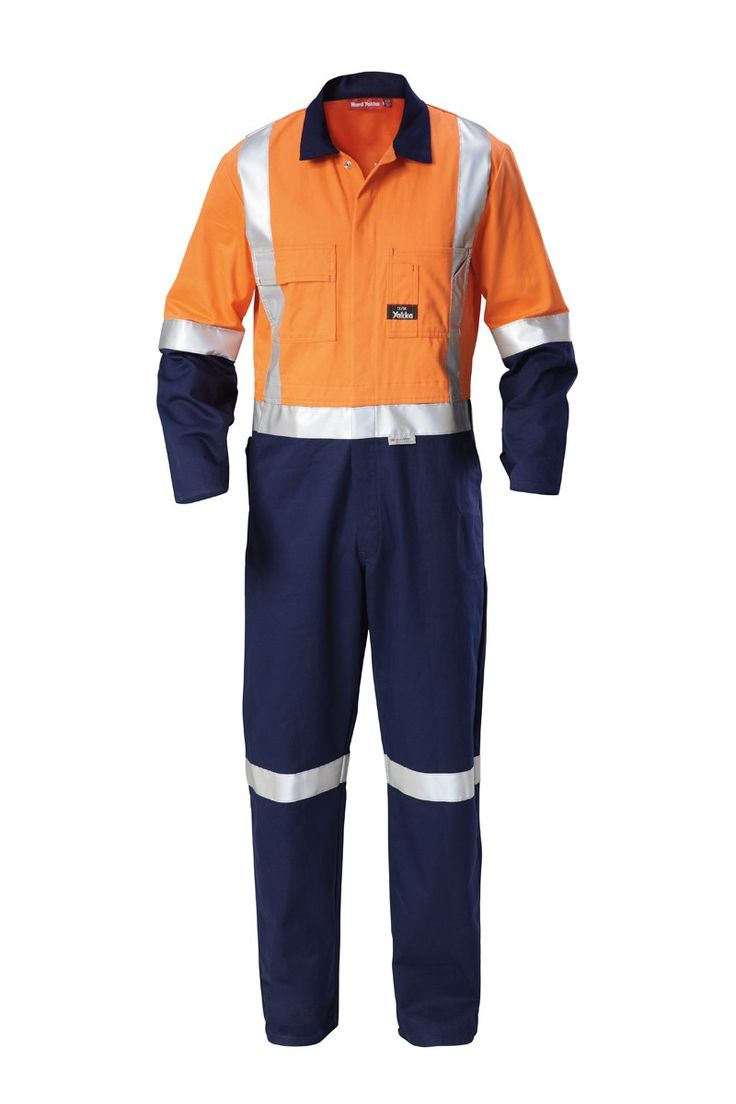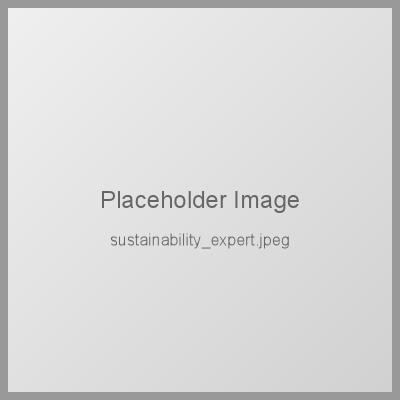Sustainable Transport Workwear: Advanced Eco-Friendly Uniform Solutions for Saudi Arabia's Green Future (2025)

Executive Summary
As Saudi Arabia advances its Vision 2030 sustainability objectives, the transport sector is experiencing a fundamental transformation toward environmentally responsible practices. This comprehensive analysis examines the strategic implementation of eco-friendly uniform solutions that align environmental stewardship with operational excellence, positioning Saudi transport organizations as leaders in sustainable workwear innovation.
The convergence of advanced material science, circular economy principles, and regulatory compliance creates unprecedented opportunities for transport operators to achieve both environmental goals and competitive advantages through strategic uniform program design. Organizations that embrace these innovations today will establish sustainable competitive positions while contributing to the Kingdom's broader environmental transformation.
Revolutionary Sustainable Materials
Next-generation eco-friendly materials are transforming transport uniform performance while minimizing environmental impact:
- Advanced bio-based polymers: Plant-derived synthetic fibers offering superior performance characteristics while maintaining complete biodegradability at end-of-life
- Recycled ocean plastic integration: High-performance fabrics manufactured from recovered marine waste, contributing to ocean cleanup while delivering exceptional durability
- Organic cotton innovations: Sustainably cultivated cotton varieties optimized for Saudi climate conditions with enhanced moisture management and UV protection properties
- Hemp-blend technologies: Natural fiber composites providing exceptional strength, breathability, and antimicrobial properties for extended wear cycles
- Regenerated cellulose systems: Advanced fiber technologies converting agricultural waste into high-performance textile materials
Circular Economy Implementation
Comprehensive circular economy strategies maximize resource efficiency while minimizing waste generation:
- Design for disassembly: Engineering uniform components for easy separation enabling efficient material recovery and recycling processes
- Take-back program systems: Comprehensive end-of-life collection and processing infrastructure ensuring zero-waste uniform disposal
- Material passport technology: Digital tracking systems documenting material composition and lifecycle history enabling optimal recycling strategies
- Upcycling innovation platforms: Creative remanufacturing processes converting worn uniforms into new products or components
- Closed-loop manufacturing: Integrated production systems utilizing recycled uniform materials as input for new uniform production
Environmental Performance Optimization
Advanced environmental optimization strategies delivering measurable sustainability outcomes:
- Carbon footprint reduction: Comprehensive lifecycle assessment and optimization reducing greenhouse gas emissions by up to 60% compared to conventional uniforms
- Water conservation technologies: Innovative dyeing and finishing processes reducing water consumption by 80% while maintaining color fastness and quality
- Energy-efficient manufacturing: Renewable energy-powered production facilities minimizing environmental impact during uniform manufacturing
- Chemical elimination programs: Advanced material treatments eliminating harmful chemicals while maintaining performance characteristics
- Transportation optimization: Regional supply chain design minimizing transportation emissions and supporting local economic development
Performance Integration Excellence
Maintaining superior operational performance while achieving environmental objectives:
- Climate adaptation technology: Advanced thermal regulation systems utilizing sustainable materials for optimal comfort in Saudi Arabia's challenging climate
- Enhanced durability engineering: Sustainable materials engineered for extended service life reducing replacement frequency and total environmental impact
- Moisture management innovation: Eco-friendly wicking technologies providing superior sweat management without synthetic chemical treatments
- Safety standard compliance: Sustainable materials meeting all transport sector safety requirements including flame resistance and high-visibility standards
- Comfort optimization systems: Ergonomic design principles applied to sustainable materials ensuring worker satisfaction and productivity
Certification and Compliance Framework
Comprehensive compliance strategies ensuring adherence to international and local environmental standards:
- Global certification achievement: Obtaining GOTS, OEKO-TEX, and Cradle to Cradle certifications demonstrating world-class environmental performance
- Saudi Green Initiative alignment: Ensuring uniform programs support Kingdom-wide environmental objectives and contribute to national sustainability goals
- Supply chain transparency: Comprehensive documentation and verification of sustainable practices throughout the entire supply chain
- Environmental impact reporting: Advanced measurement and reporting systems quantifying environmental benefits and continuous improvement progress
- Regulatory compliance automation: Systems ensuring ongoing compliance with evolving environmental regulations and standards
Economic Value Creation
Strategic economic benefits of sustainable uniform implementation:
- Total cost of ownership optimization: Extended uniform lifecycle and reduced replacement costs offsetting premium material investments
- Energy cost reduction: Improved thermal performance reducing HVAC costs and energy consumption in transport facilities
- Brand value enhancement: Sustainability leadership positioning enabling premium service pricing and enhanced customer loyalty
- Risk mitigation benefits: Reduced regulatory compliance risks and improved stakeholder relationships through proactive environmental leadership
- Innovation partnership opportunities: Collaboration with sustainable technology providers creating competitive advantages and market differentiation
Implementation Strategy Development
Systematic approach to sustainable uniform program implementation:
- Phased transition planning: Strategic implementation approach minimizing disruption while maximizing environmental impact and cost optimization
- Stakeholder engagement programs: Comprehensive education and training ensuring organization-wide support for sustainability initiatives
- Supplier partnership development: Strategic relationships with sustainable material providers and manufacturers aligned with environmental objectives
- Performance monitoring systems: Advanced tracking and measurement capabilities ensuring continuous improvement and goal achievement
- Change management protocols: Systematic approaches to organizational transformation supporting sustainable uniform adoption
Future Innovation Roadmap
Emerging technologies and innovations shaping the future of sustainable transport uniforms:
- Biotechnology integration: Living material systems utilizing microorganisms for self-cleaning and odor control without chemical treatments
- Nanotechnology applications: Advanced surface treatments providing enhanced functionality while maintaining environmental compatibility
- Smart sustainable materials: Integration of electronic components using biodegradable or recyclable materials for intelligent uniform systems
- AI-optimized design: Artificial intelligence applications optimizing material usage and performance while minimizing environmental impact
- Regenerative agriculture integration: Direct partnerships with sustainable farming operations creating closed-loop material supply systems
Strategic Conclusion
The transformation toward sustainable transport uniforms represents a strategic imperative for Saudi Arabian organizations committed to environmental leadership and operational excellence. As the Kingdom advances its Vision 2030 objectives, sustainable uniform programs will play an increasingly critical role in demonstrating corporate responsibility while achieving competitive advantages.
Success requires a sophisticated understanding of sustainable materials, circular economy principles, and strategic implementation methodologies. Organizations that embrace these innovations today will establish market leadership positions while contributing to Saudi Arabia's broader environmental transformation.
The convergence of environmental stewardship and operational performance creates unprecedented opportunities for value creation. By implementing comprehensive sustainable uniform strategies, Saudi transport organizations can achieve superior environmental outcomes while maintaining world-class operational standards and competitive positioning.
About the Author

Dr. Sarah Al-Qahtani
Sustainable Textile Innovation Specialist
15+ years experience in environmental textile technologies and circular economy implementation
Sustainability Consultation
Ready to transform your transport uniform program with sustainable solutions? Our environmental specialists can help design and implement comprehensive eco-friendly strategies.
Schedule Sustainability Consultation